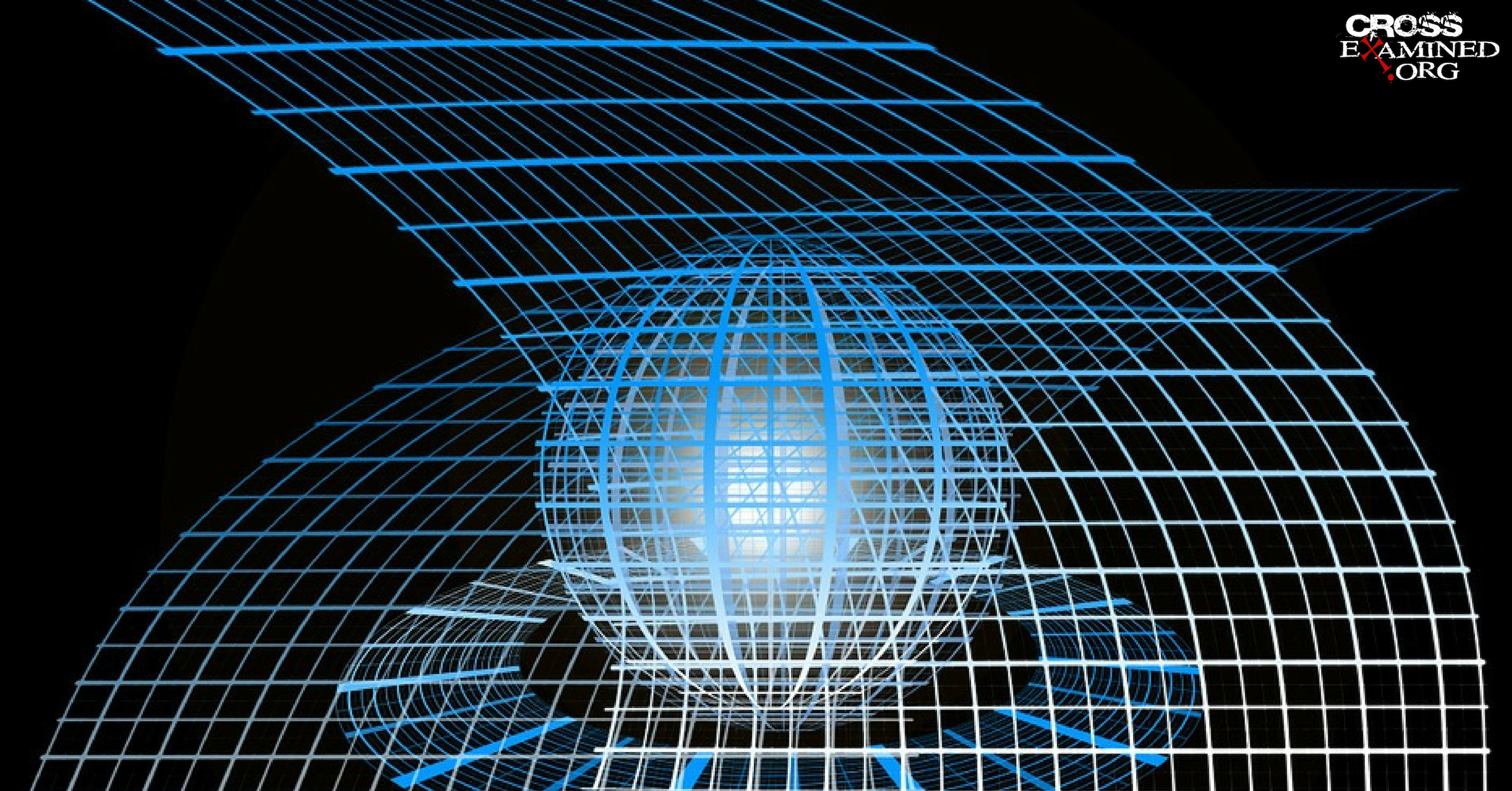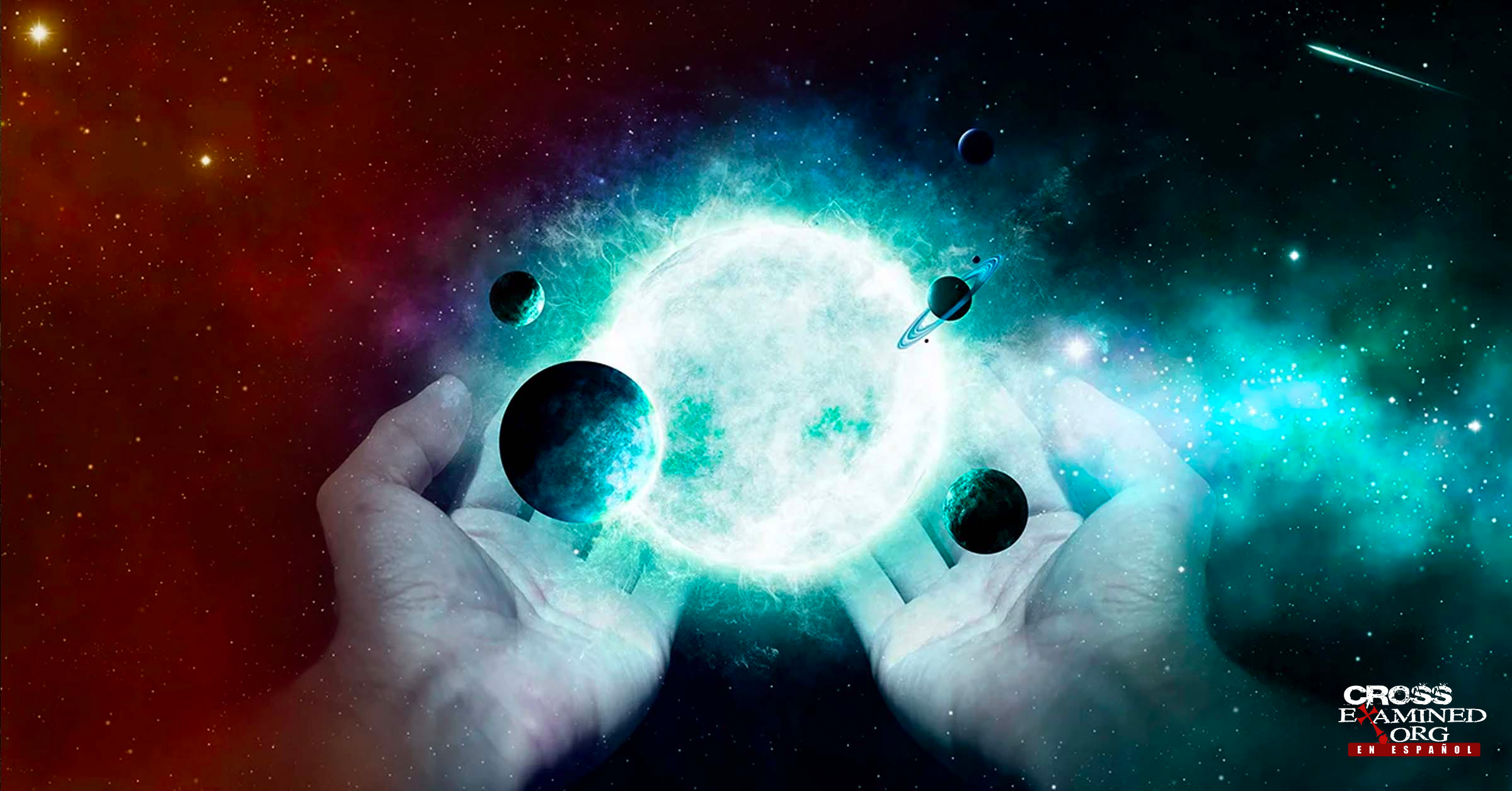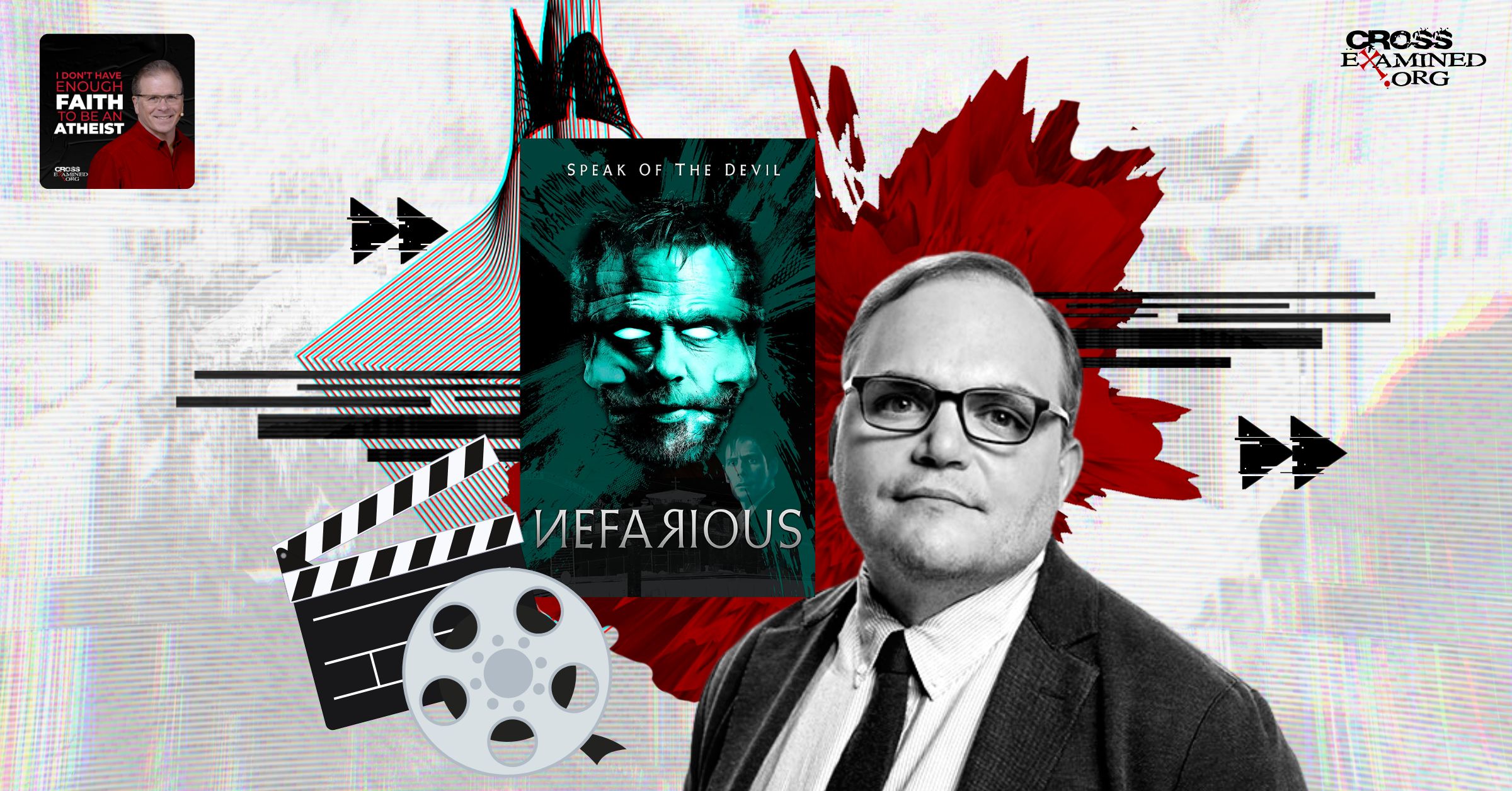Mis cielos – no están en las estrellas
By Josh Klein
The Four Horsemen of atheism burst onto the cultural, philosophical and spiritual scene at the beginning of the 21st century. Their dogmatic atheistic (or even anti-theistic, depending on who you talk to) positions immediately gained popularity.
The late Christopher Hitchens, Richard Dawkins, Daniel Dennett and Sam Harris were part of the team. They took their vitriol against religious thought into the mainstream, seeking, for what seemed to be the first time, to proselytise religious people into conversion to atheism. These men were dubbed “The New Atheists” by popular culture and seemed to take the world by storm, often denigrating their opponents as stupid and backward.
Simple believers in myths.
Richard Dawkins’ book, The God Delusion , sent ripples through Christianity and the religious mainstream, as his caricature of God as the “flying spaghetti monster” had the world laughing and ridiculing Christianity, and other faiths, as ignorant at best and malevolent at worst. Daniel Dennett’s take on consciousness sought to banish the epistemic belief that only religion could explain consciousness as a reality, going so far as to suggest that consciousness is nothing more than an illusion, and the late Christopher Hitchens’ God Is Not Good sought to expose religion as a poison for the masses that results in horrific abuses of power and violence. But all of these men did not cause the waves that the seemingly even-tempered Sam Harris did.
Sam Harris, with his quiet, understated personality, approached debates differently from his peers. Hitchens indulged in sophistry and sarcasm, Dawkins in nasty denigration, and Dennett in condescension. Sam Harris was different. I found the tone of the other three off-putting, and their arguments were either humorous but unconvincing or intellectual but boring. But Harris had a way about him that appealed to me. I think what attracted me was his unwavering commitment to objective morality and the honest way he assessed different religions. Harris has been honest in praising what he sees as positive about Christianity, while at the same time holding Christians to the fire . [i]
I found his style engaging, even if his words were not, and his reasoning sensible and unemotional. He was, in a word, compelling. His seminal work, The Moral Landscape , sought to address a substantial problem in the atheist realm. Without God as the bearer of moral standards, are we left with moral subjectivism? [ii] And if so, who is to say that the Nazis were, in fact, evil? Or that murder is unjust? The moral argument for the existence of God remains one of the most powerful arguments for theism [iii] , but Sam rightly understood that embracing moral subjectivism was untenable for the reasonable man, and so an effort was born to promote objective moral values based on atheism. For Sam, a moral landscape could be (he might say should be) established using scientific reason, rationality, and, as he says, the facts.
“Controversies about human values are controversies about which science officially has no opinion. I will argue, however, that questions about values—about the meanings, morality, and larger purpose of life—are really questions about the well-being of conscious creatures. Values, therefore, translate into facts that can be understood scientifically: about positive and negative social emotions, retributive impulses, the effects of particular laws and social institutions on human relationships, the neurophysiology of happiness and suffering, and so on . ” [iv]
Sam’s commitment to objective moral values based on scientific facts intrigued me, and his book laid out what seemed to be a plausible account of objective morality. That is, until the reasoning was challenged. Upon further investigation, one realizes that Sam often smuggles in assumptions about human flourishing to make his argument palatable. While Sam addresses the what of morality, he can never come up with an honest why, as his discussion with Jordan Peterson revealed just a few years ago. [v] What are those objective moral values? Well, they are what Sam says they are. They certainly could not be based on Nazism or Islamism. However, one could certainly argue (and both do) that both Nazis and Muslims believe they seek to contribute to the natural flourishing of humanity. Sam has inadvertently hitched his wagon to moral relativism by virtue of scientific facts not adequately explaining human flourishing.
It should come as no surprise that Harris, admittedly on the far left of the political spectrum and extremely anti-Donald Trump, had this to say regarding the 2020 election cycle silencing of the Hunter Biden computer story:
“[It was] a conspiracy by the left to deny Donald Trump the presidency. Of course it was. Absolutely, but I think it was justified” [vi] .
When pressed about his statement by the podcast hosts, one of whom had a problem with the idea that a conspiracy should be used to deny any political candidate office, Sam Harris upped the ante, comparing the conspiracy to a room full of scientists meeting to steer an asteroid off a collision course with Earth. Some might be surprised that Sam would say such a thing, given his distaste for subjectivism. However, if you examine his work closely, it becomes abundantly clear that he finds it necessary to be the arbiter of what is and is not objectively moral. To put it another way, Sam Harris, to himself, is a god.
Sam Harris is a consistent communicator, but his positions are often conflicting. His embrace of objective morality as an atheist is admirable, but his claim that free will is illusory is cumbersome to the argument and seems diametrically opposed to it. If free will is illusory, then how are agents morally culpable for their actions, and how does objective morality fit in? Harris insists that the two are not at odds, but his insistence resists scrutiny. On their own, his arguments seem coherent. Combined, they often directly oppose each other. One cannot live life according to the philosophy Harris espouses consistently, so Sam often suggests that one must live within the illusion.
This is how Sam is both the most and least effective new atheist. Take, for example, Sam’s openness to the multiverse theory:
“This is my candidate for the strangest idea that is still scientifically plausible” [vii] .
To be fair to Sam, he himself doesn’t advocate the multiverse, but he seems interestingly open to the idea from a metaphysical perspective. Which, to me, makes his statements about the idea of heaven all the more puzzling:
As I said on Twitter, I used to like Sam Harris. I thought his critiques of Christianity were necessary (if flawed) and that he was willing to engage in dialogue about faith rather than just debate it, but Harris has a nasty habit of building up ridiculous theological strawmen only to knock them down with a smirk as if he’s accomplished something.
Whether Sam believes it or not, heaven (the dwelling place of God) has never (in the mainstream Christian faith) been understood to be in outer space. This criticism of heaven theology is intended to denigrate its intellectual opponents as being as ignorant as the Greek theologians who believed in a literal Mount Olympus.
This has not been the orthodox understanding of the celestial kingdom for millennia, if ever. As Randy Alcorn states:
“The present and intermediate Heaven is in the angelic realm, clearly separated from the Earth.”
Randy is not making this up out of thin air. Even though Sunday school may make silly representations of heaven in the clouds or speak of heaven in human terms as being “above” us, this is not reminiscent of real theology. There is no biblical or theological position that indicates heaven is physically in outer space where telescopes can see. This is not Thor.
One might say, “Sam Harris is a naturalist, so he is assuming that if there is a heaven it must be in outer space, where we could see it.” But this argument fails for two reasons. The first is that when you are addressing the theology of a religion, you have to address its meaning for the debate to make sense. For example, if I were to debate a Muslim about the nature of Allah, I cannot bring in my interpretation of the Trinity to define Allah. If I apply my own view of the divine to Allah, I will have done a disservice to the conversation. Sam must interact, not with what he thinks heaven would be if it existed; he must interact with what Christians say heaven is. He can deny its existence (as I would with Allah) but he cannot do so on the basis of false premises.
The second reason this defense fails is because of Sam’s already soft position on the multiverse. If one can see the multiverse as plausible, how can one so easily dismiss a heavenly realm as impossible and attribute the characteristics of this realm to it? Sam would not do a believer in the multiverse the disservice of this uncharitable assumption regarding other universes, and therefore he need not do this disservice to the arguments for heaven either.
The Scriptures teach that the present heaven is a place in the angelic realm. This is true in both the Old and New Testaments. Isaiah 6, 2 Kings 6, Daniel 10:20, and John 18:36 indicate this. More specifically, the martyrdom of Stephen indicates a linking of the realms as well.
In Acts 7:56, as Stephen is being stoned, he says, “Behold, I see the heavens opened, and the Son of Man standing at the right hand of God.” In Daniel 10, Acts 7, and Acts 9 we notice a phenomenon about the current heavenly kingdom. It can be revealed to specific individuals and hidden from others. Meaning that the kingdom, although it exists physically and spiritually, is outside of our concept of this physical plane.
When Jesus ascends in Acts 1:9 there are many who might say that Jesus ascended into heaven. This could mean physical heaven! But it does not. A careful reading of the passage in question will note that the writer says, “After he had said these things, he was taken up as they looked on, and a cloud received him out of their sight.” This brings us to the image of Isaiah 6 and the glory of God.
In all of these cases, there is no indication that the angelic/celestial realm is in the stars themselves. Sam’s treatment of the matter was superficial and misrepresents, or misinterprets, the Christian doctrine of heaven. In scripture there are two heavens, one representing the sky and the stars (the heavens) the other, the angelic realm. The delineations are clear and obvious even to the casual observer. Sam’s irregularity in handling this subject undermines his credibility as a good actor on the philosophical stage and highlights the arrogance of his atheistic belief. In this brief interview, Sam reveals why his objective morality without God is meaningless and why his objections to Christian theology, in particular, are often not bona fide. And so his credibility is shaken.
Footnotes:
[i] https://www.samharris.org/blog/reply-to-a-christian
[ii] https://freethinkingministries.com/the-moral-argument-a-short-dialectic/
[iii] https://freethinkingministries.com/an-ignorant-objection-to-the-moral-argument-for-gods-existence/
[iv] Harris, Sam. “Introduction.” The Moral Landscape: How Science Can Determine Human Values , Free Press, New York, 2010, pp. 2–2.
[v] https://www.youtube.com/watch?v=jey_CzIOfYE
[vi] https://nypost.com/2022/08/19/sam-harris-defends-silencing-the-post-on-hunter-biden/
[vii] https://www.samharris.org/blog/the-multiverse-you-you-you-you
Recommended resources in Spanish:
Stealing from God ( Paperback ), ( Teacher Study Guide ), and ( Student Study Guide ) by Dr. Frank Turek
Why I Don’t Have Enough Faith to Be an Atheist ( Complete DVD Series ), ( Teacher’s Workbook ), and ( Student’s Handbook ) by Dr. Frank Turek
_____________________________________________________________________________________________________________________________________________________________
Josh Klein is a pastor from Omaha, Nebraska, with over a decade of ministerial experience. He graduated with an MDiv from Sioux Falls Seminary and spends his free time reading and engaging with current and past theological and cultural issues. He has been married to Sharalee Klein for 12 years, and they have three young children.
Translated by Elenita Romero
Edited by Daniela Checa Delgado
Original Blog Source: https://bit.ly/3mYnzhm











